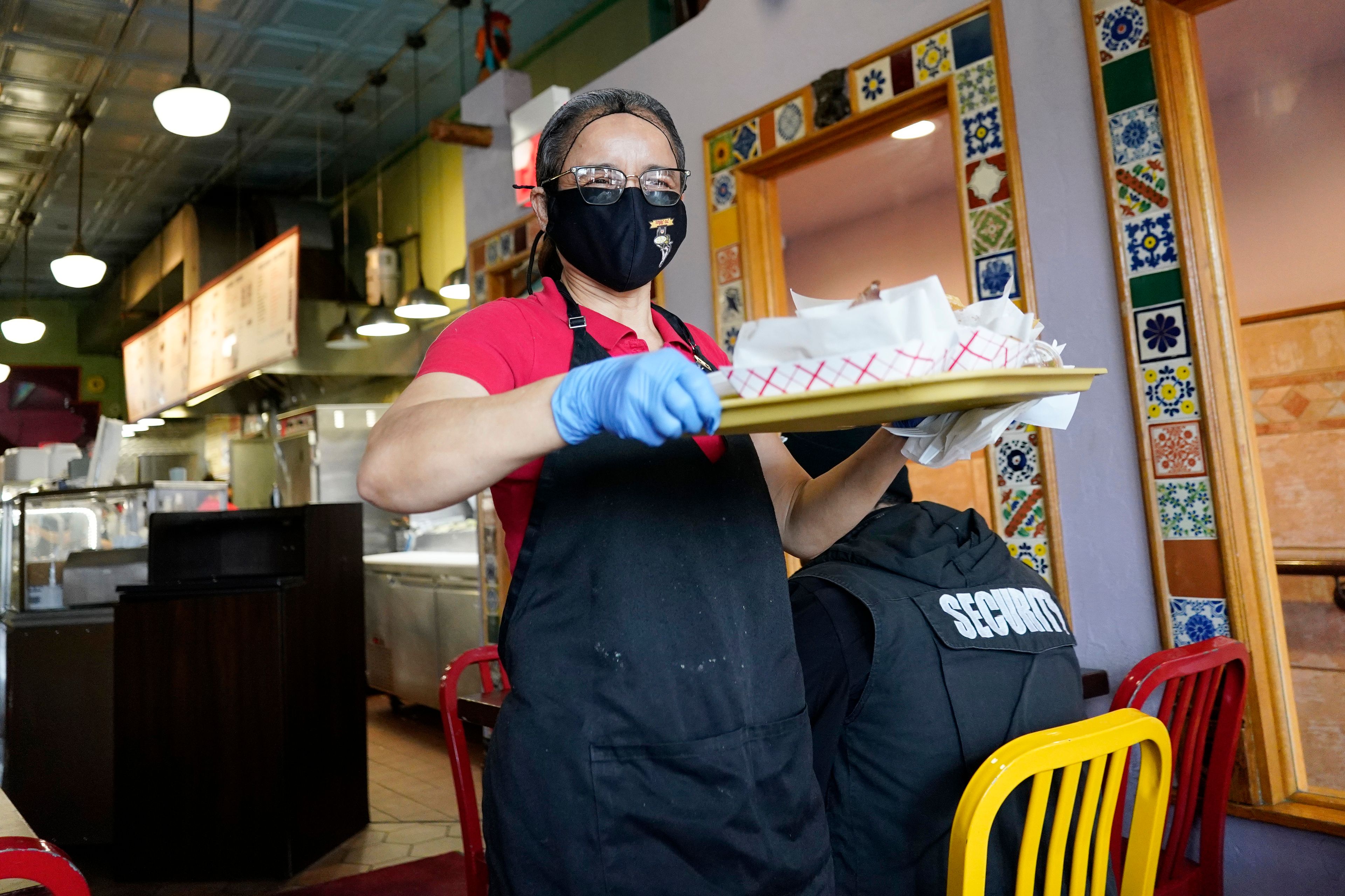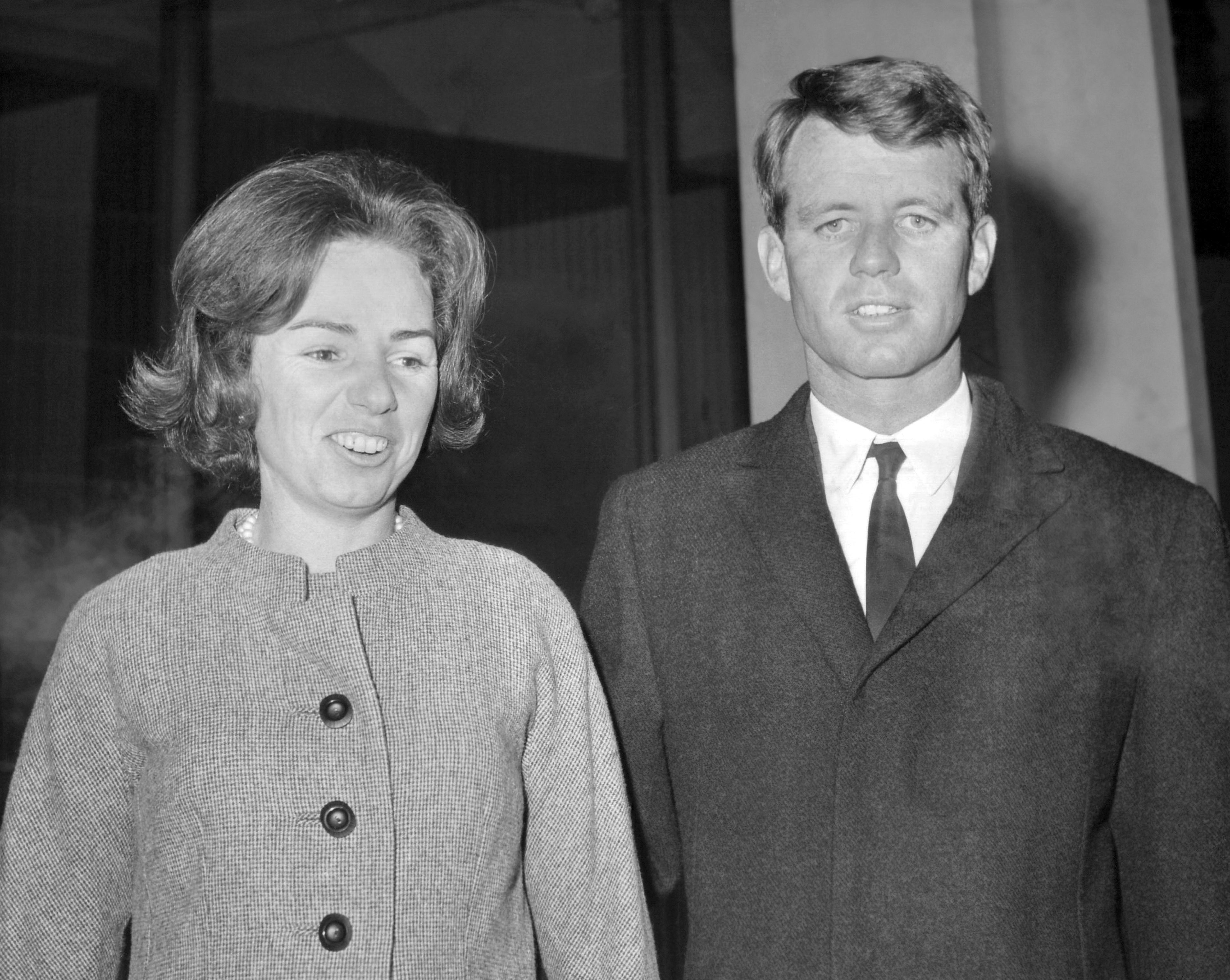Idaho set to execute convicted killer today
BOISE - Twenty-four years after Idaho sentenced him to death, Paul Ezra Rhoades was expected to be executed this morning.
Barring any last-minute intervention by the courts or state leaders, Rhoades is scheduled to receive a lethal injection at 7 a.m. Pacific time, making him the first person executed in Idaho since 1994 and the only person to be involuntarily put to death in the state since 1957 - the year Rhoades was born.
Rhoades was sentenced to death for the 1987 kidnappings and murders of 34-year-old Susan Michelbacher and 21-year-old Stacy Dawn Baldwin. He also was sentenced to life in prison without parole for the 1987 murder of 20-year-old Nolan Haddon.
Now 54, Rhoades has admitted committing the murders but has vigorously appealed his convictions and Idaho's execution protocol. He lost the last of his criminal appeals in October, and this week he lost his bids to have the 9th U.S. Circuit Court of Appeals or the U.S. Supreme Court consider whether Idaho's lethal injection protocol amounts to cruel and unusual punishment. Rhodes contends that if the executioners make a mistake and he isn't adequately anesthetized, he will feel excruciating pain during the rest of the execution.
Born Jan. 18, 1957, and raised in the conservative community of Idaho Falls, Rhoades is the second-oldest of five children. His parents were poor, attorneys said, and his childhood wasn't easy: Rhoades contracted polio when he was 4, and the virus severely damaged one of his legs, forcing him to undergo several corrective surgeries and leaving him with a permanent limp. At one point, his attorneys said, Rhoades' parents noticed a foul smell coming from his cast-covered foot - and it wasn't until doctors removed the cast that they discovered it was gangrene.
Rhoades' parents frequently fought, according to his attorneys, and police were often at the house to investigate reports of domestic violence. His father drank heavily, and Rhoades began drinking at about age 10.
Rhoades was still living at home when he turned 30 in 1987. By that time, he'd begun hanging around with other drug users and had developed a serious methamphetamine addiction, regularly shooting up a strong form of the drug called crank, according to witnesses. He was also on the radar of local police, as a suspect in some area burglaries.
Witnesses later told police that Rhoades had a habit of hanging out at convenience stores, watching the female workers. While he had female friends, he told pre-sentence investigators that he didn't have any serious relationships or romantic ties with women.
The murders occurred during a three-week span in February and March 1987. First to die was Stacy Dawn Baldwin, a newlywed who was working the nightshift at a Blackfoot convenience store when Rhoades abducted her at gunpoint, took her to a remote spot a short distance away, and tried to sexually assault her. Baldwin fought back, and as she was scrambling away on all fours, he shot her first in the elbow and then in the back. He left her to die, alone in the snow.
Next was Nolan Haddon, an easygoing convenience store clerk in Idaho Falls. He was always busy hunting and fishing and hadn't had time to get regular haircuts, so his blond, curly locks were dipping below his collar. Investigators later speculated that because of his long hair, Rhoades may have mistaken Haddon for a young woman. In any case, Rhoades robbed the convenience store, shooting Haddon five times and leaving him for dead in a walk-in cooler. Haddon died several hours later.
Susan Michelbacher, a special education teacher and mother, was abducted by Rhoades early one morning from a parking lot and forced to withdraw money from two separate banks before he took her to a remote area, raped her and shot her nine times. Her panicked husband reported her missing when he realized she never came home from her job at the school; Michelbacher's body was found two days later.
During the trial over Baldwin's murder, Rhoades' mother, Pauline Rhoades, swore that Paul was at her house at the time of the kidnapping. Pauline Rhoades worked at the Bonneville Restaurant in Idaho Falls, and she remembers working the day Baldwin was kidnapped because it was the restaurant's 20th anniversary. She had to arrange care for her three grandkids and told Paul that he needed to come home right after work because her daughter, Roberta Rhoades, had to be at work at 6 p.m.
Pauline Rhoades said that when she got home - sometime between 12:15 and 12:30 a.m. - Paul was there, according to court documents. She testified that they talked for a little over an hour before she went to bed.
Today, however, she acknowledges he committed the murders, as does Rhoades himself.
"We are very sorry for what happened to Susan Michelbacher, Stacy Baldwin and Nolan Haddon," she said in a prepared statement issued by Rhoades' attorneys last week. "We know there is nothing we can say or do to console their families, or understand the pain they have endured all of these years."
She said her son had changed while in prison, takes responsibility for his actions and is trying to make up for what he did.
"I don't want him to die. I don't think it makes sense to kill him now," she said in the statement. "And I still hope and pray that his life will be spared."








